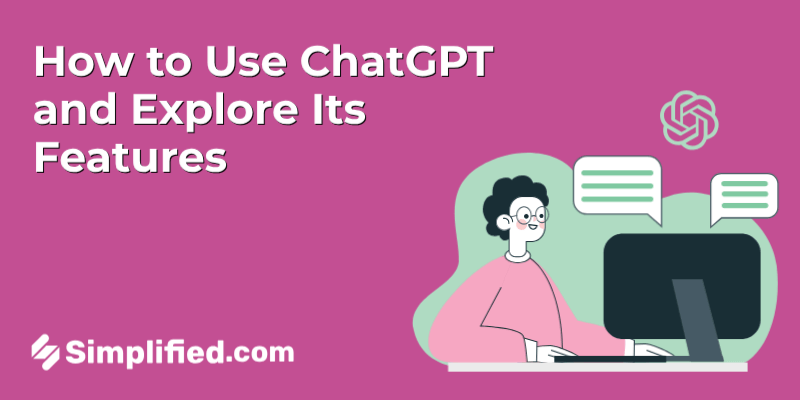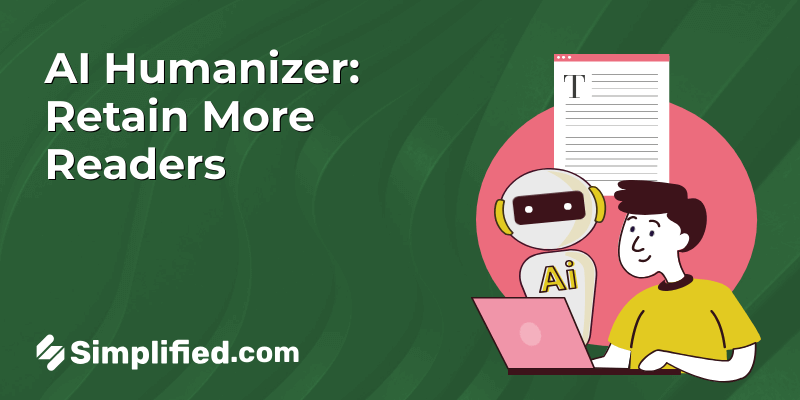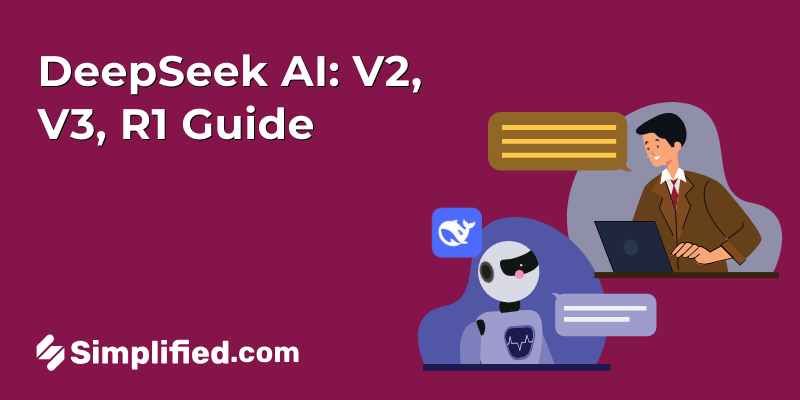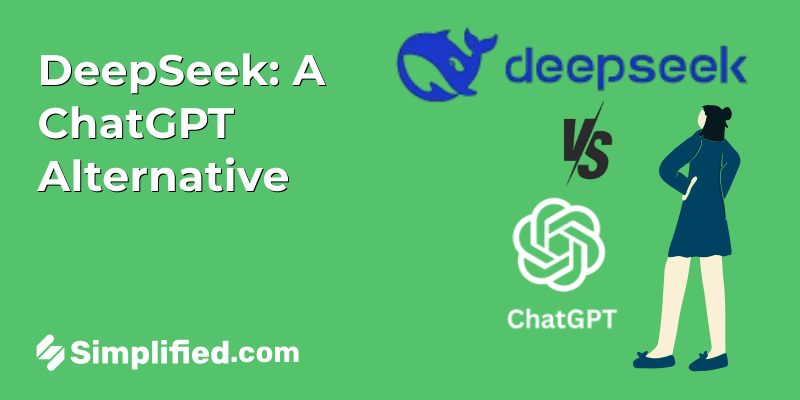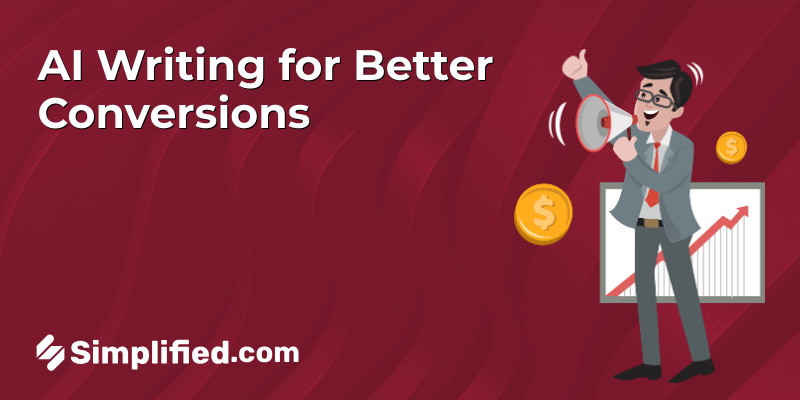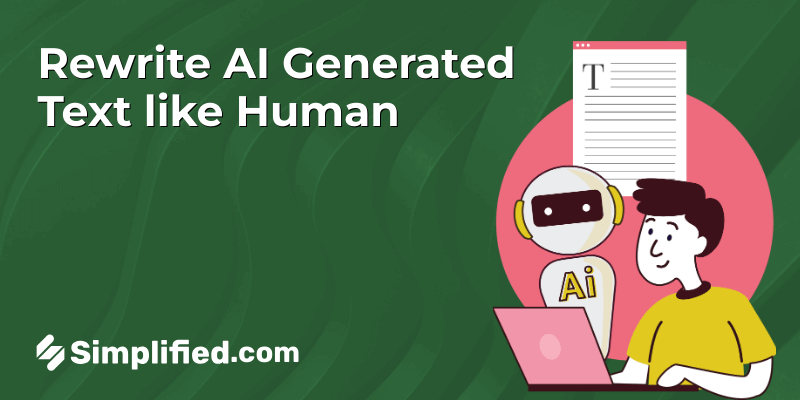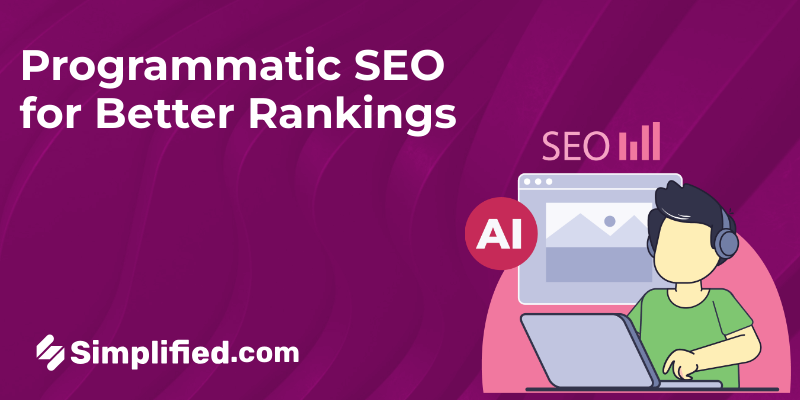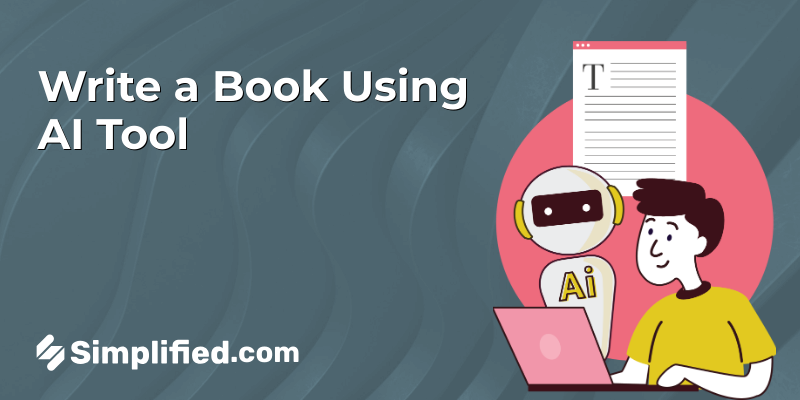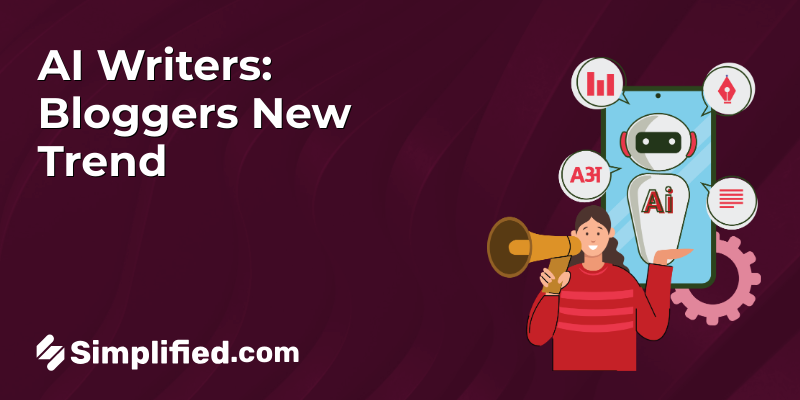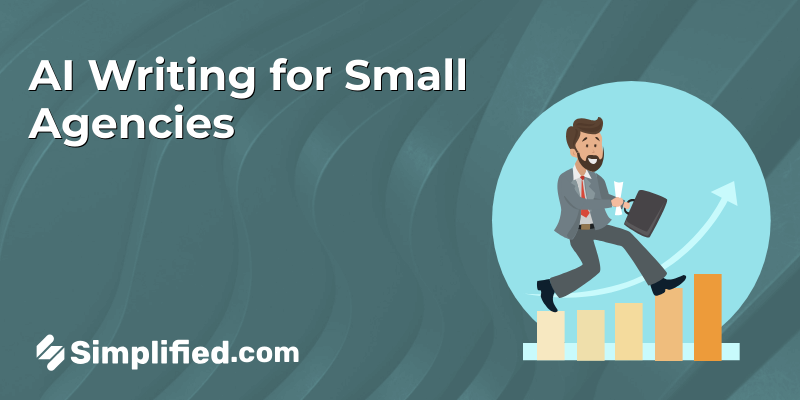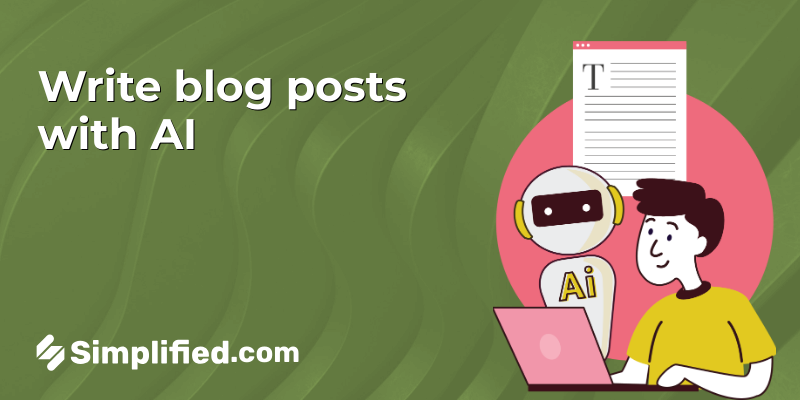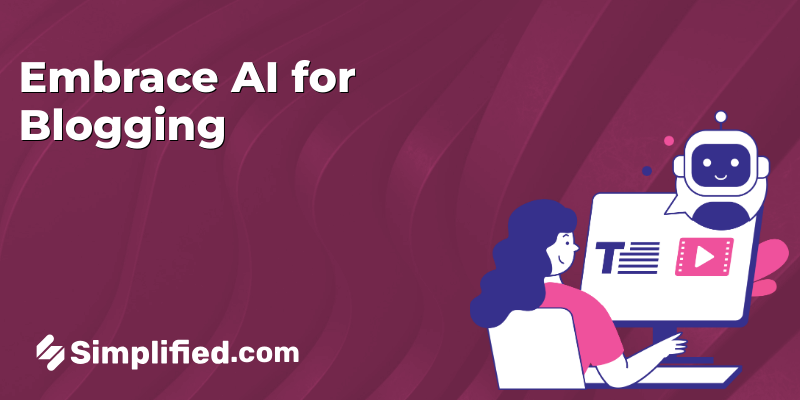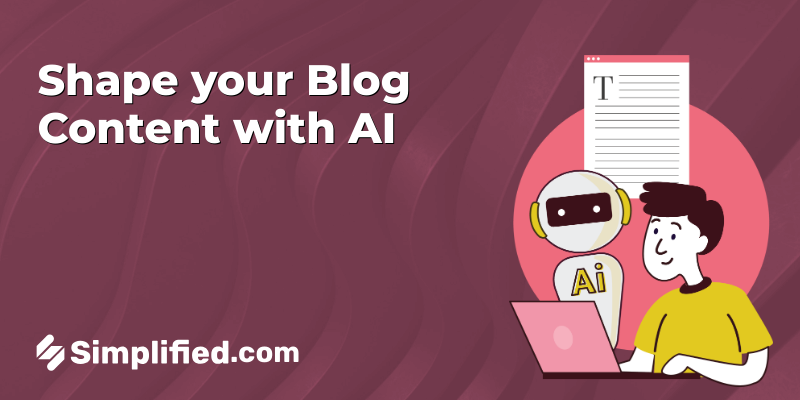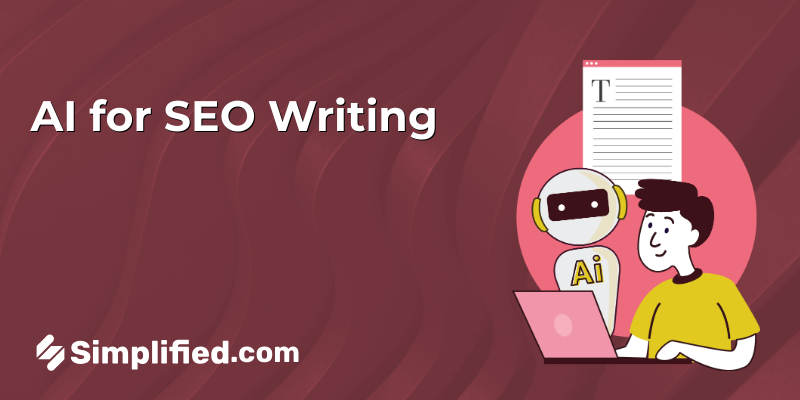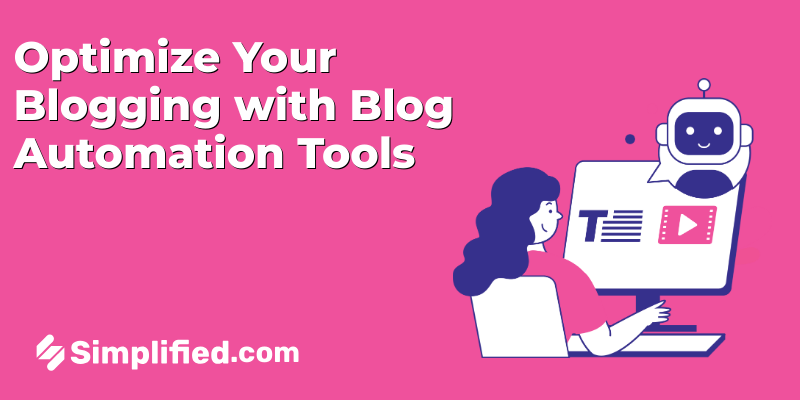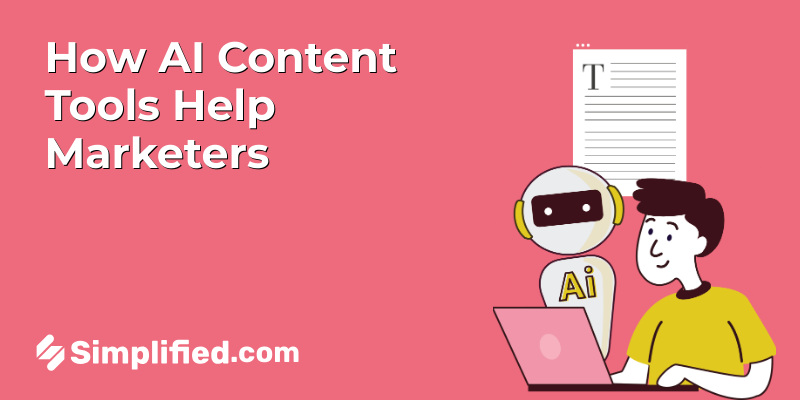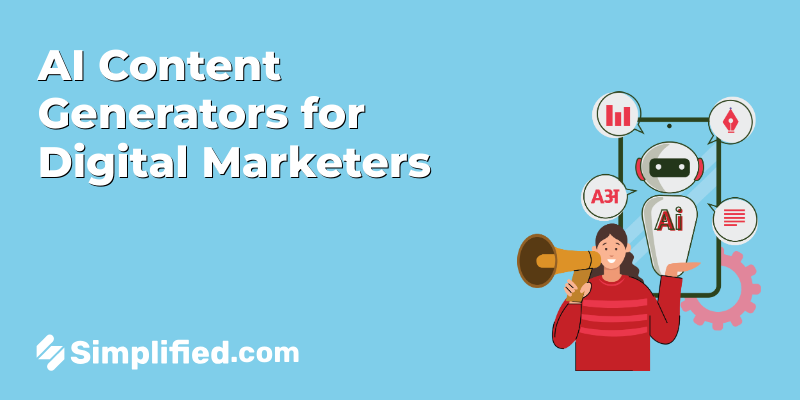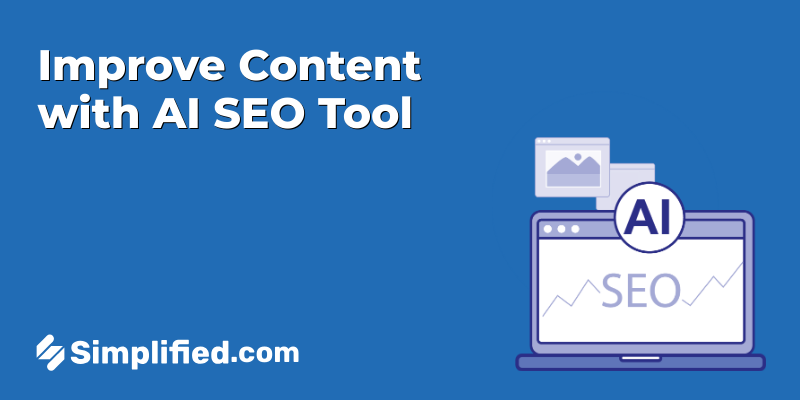
As we embrace 2024, we hold a powerful weapon: Artificial Intelligence, also known as AI. AI, along with Semantic SEO, an avant-garde form of SEO, is setting the pace and revolutionizing the way we deal with keyword strategy thanks to its adeptness at interpreting human language and context.
The archaic method of overloading web content with related keywords simply isn’t enough anymore. Keyword bombardment has been phased out. Instead, Semantic SEO harnesses AI’s power to discern the genuine intent behind the user’s search, thereby providing more pertinent results. AI cuts down keyword research time immensely, enhancing content pertinence and elevating the overall efficacy of SEO ventures.
Due to its ability to understand context, semantics, and user intent, AI fortifies the precision and personalization of search results, considerably refining the overall user experience.
In this article, we’ll set off on a thrilling exploration of Semantic SEO and delve into the innovative ways AI continues to revamp keyword strategies.
What is Semantic SEO
The SEO world continues to change drastically because of AI, but keyword research has remained crucial. Today, it’s all about fostering engaging interactions and making your voice heard amidst a wealth of available information.
Semantic SEO constitutes a strategy that lays emphasis on the significance and the intention behind user search queries rather than just focusing on bare keyword entries. It utilizes AI and natural language processing (NLP) techniques to help search engines understand the contextual meaning and semantics of the content. This strategy results in search outcomes that are not only more relevant but also highly precise.
Source: Orbit Media
Benefits And Challenges of Using AI for Semantic SEO
In simple words, AI makes it easier to understand what users want, so you can better tailor your content and grab attention in the search engine results.
Positives of Using AI for Semantic SEO
- Greater Online Presence. As much as 32.5% of users already trust AI-generated search results. You can broaden the range of search queries your content appears for and boost your online visibility. An understanding of user intent and context will enable you to draw in more organic viewers and propel your search engine rankings.
- Better User Experience. Understanding the motives behind searches allows search engines to offer more personalized and appropriate results. This improves the user experience as it helps users to find the exact information they’re looking for without having to rely on precise keywords.
- Ahead of Future Trends. By focusing on the overall topic and user intent rather than specific keywords, you ensure your website stays relevant and noticeable in the search results.
- Higher Rankings. Semantic SEO helps search engines to accurately understand webpage content. Supplying search engines with structured data markup and fitting semantic signals gives your website a better chance of ranking higher in relevant search results, and enhances overall search visibility.
- Boosted Organic Traffic. It can channel more targeted organic traffic to your website when aligned with user intent and context. This attracts users who are genuinely engaged with your content and leads to improved engagement and conversion rates.
- Improved Content Quality. Incorporating semantic search requires a mix of data analytics and empathetic writing. By shifting focus from just keywords to their meaning and intent, Semantic SEO promotes the creation of high-quality content that answers user queries effectively.
Despite these advantages, understanding AI’s limitations is crucial for effective use.
Difficulties of Using AI for Semantic SEO
- Keyword Research Quality. AI can provide you with keyword ideas that actually don’t have sufficient ranking potential. Thus, it is more effective to conduct keyword research with specialized SEO software like SE Ranking’s Keyword Suggestion Tool, which has its own wide databases and advanced data processing algorithms. Besides gathering similar and related keywords with the relevance score, it quickly shows search volume, keyword difficulty score, and CPC of keywords in various locations for a better understanding of whether and how you should use them in your strategy.
- Data Quality. Only 14.03% of users trust keyword data from AI tools. To work effectively, AI needs data, but if the data isn’t accurate or high-quality, AI can’t create good SEO strategies. It’s important to make sure the data is reliable.
- Training AI. To understand user intent and context, AI training is necessary. This requires time, data, and expertise. Businesses need to invest in AI training to make sure it works well.
How AI is Changing Today’s Keyword Strategy
As AI algorithms continue to evolve and grow in sophistication, they enable search engines to decipher and comprehend the subtle nuances of human language, such as sentiment analysis. This transition cultivates a more human-oriented approach to processing search requests.
In response to this development, a greater emphasis is being placed on keyword strategies that are not only sophisticated but also contextually meaningful.
Content Optimization with AI
AI-driven algorithms are transforming keyword strategy in SEO, providing a smarter and more natural approach to content optimization. AI is there to provide contextually appropriate synonyms and related phrases.
According to the guidelines laid out in the Google Search Essentials, formerly known as the Webmaster Guidelines, the main recommendation is to deliver quality, meaningful content to the end user – whether it’s AI sales content or an AI blog post.
With its versatile technology, AI ensures that the content serves two main purposes. First, the content is optimized for search engine algorithms. Second, the content remains engaging, cohesive, and appealing to readers. By harnessing the potential of AI in SEO in conjunction with frameworks like C.R.A.F.T., businesses can strike an effective balance between keyword relevance and improved user experience.
Source: SEL
Finding Top-performing Keywords
AI is great at identifying keywords. It does this by understanding the topics and themes of the content rather than just matching keywords.
AI-based semantic SEO goes a step further than typical keyword analysis. It works out the context of the keywords, their relevance to user searches, and how they connect with the general topic of the website or piece of content. This way, it not only finds popular short- and long-tail keywords but also those that effectively engage the target audience and meet their search intent.
- AI checks various data sources in its analysis, including search engine results, user interaction data, and competitor content strategies.
- AI notices trends in user behavior, recognizing which keywords generate traffic and engagement and the reasons why.
- AI takes into account things like click-through rates, time spent on page, and user interaction.
With this information, Semantic SEO AI identifies keywords that not only draw visitors but also encourage meaningful interactions. This leads to a more strategic method for keyword optimization, that focuses on keywords that truly connect with the audience and enhance the website’s credibility and relevance in its field.
Bonus: 10 Top AI SEO Tools: A Comprehensive Review and Comparison
Classifying Keywords by Search Volume, Competition, and Relevancy
Semantic SEO AI delves into the deeper meanings and connections between words instead of just focusing on the keywords themselves. It uses NLP to understand the context and the semantic relationships between terms. By studying content in this way, AI can identify the direct relevance of keywords and their related concepts and topics.
NLP analysis leads to a more complex and effective grouping of keywords based on their actual relevance, and not just the frequency of search terms.
In addition, AI can evaluate each keyword’s search volume and competition. AI SEO tools use historical data to predict search volume, helping to identify user behavior patterns. For competition assessment, AI looks at factors like the number and quality of the other web pages competing for attention, giving a complete view of how hard it is to rank for a specific keyword.
By combining a semantic understanding with these quantitative metrics, Semantic SEO AI gives a more comprehensive and effective classification of keywords.
Predicting Search Intent and User Behavior
One key advantage of leveraging AI in SEO for forming keyword strategies is its capacity to predict user intent and subsequent behavior. AI can effectively predict what information a user is seeking by analyzing user data trends, previous search patterns, and historical queries. This empowers businesses to orchestrate customer journey and synchronize their content with users’ needs, resulting in the delivery of highly pertinent and valuable data.
When businesses comprehend user intent, they can craft content that satisfies not just search engine algorithms but also strongly connects with their intended audience.
Conclusion
To sum up, AI is revolutionizing the realm of keyword strategy by bestowing businesses with smart, data-informed insights. Through judicious optimization of content, AI ensures that keywords are woven into the content naturally and in the proper context, thus benefiting search engine standings and the user’s reading experience. AI-powered SEO tools aid businesses in spotting the most successful keywords and predicting user search intent, thus enabling them to generate content that perfectly meets the user’s needs. Given the rapid advancements in AI, its integration into keyword strategy will become more and more essential for businesses that wish to maximize their visibility in search engines and effectively reach their intended audience.


